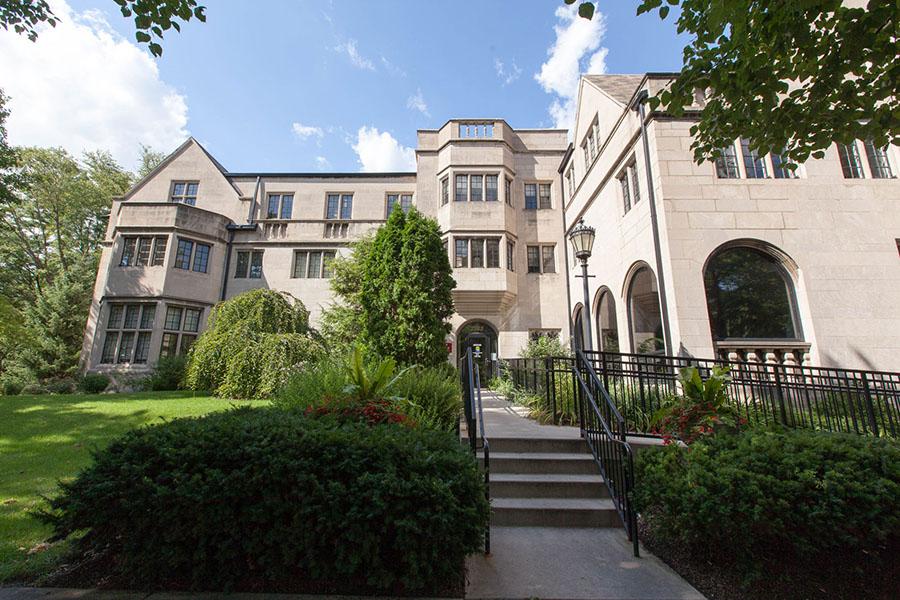In an interview with The Maroon, Meeta Kumar, the director of Student Counseling Service (SCS), spoke about mental health concerns on campus and the services SCS offers to help address them.
Kumar joined SCS in September 2019. Prior to that, she was deputy executive director of counseling and psychological services at the University of Pennsylvania.
At SCS, Kumar oversees mental health services such as Let’s Talk, the center’s informal drop-in therapy session. She listens to student input and coordinates with other directors to develop new service initiatives.
Kumar said that SCS offers students resources to help deal with the wide range of mental health challenges that can come with starting higher education. “Coming to college for the first time, adjusting here, leaving home, exploring identity, growing up, finding career paths, and more grade-level concerns” can be sources of stress on college students, she said.
Students may face mental health challenges from anxiety and distress to mood issues caused by a variety of sources, Kumar said. “Sometimes the challenges are situationally driven; other times it could just be they have a prior history of this,” she added.
Kumar said that a student may be more likely to experience mental health complaints if their family has a history of psychological problems.
“There’s genetic issues that impact students’ experience of mental health,” Kumar said, which is why the entire range of mental health challenges may develop at different points throughout students’ experience in the University.
Kumar said that students’ mental health remains a source of stigma due to students’ own attitudes, barriers, and beliefs regarding mental health, as well as students’ perceptions of others’ experiences of mental health challenges. She said that much of SCS’s programming aims to address and reduce those stigmas so that students feel as comfortable as possible seeking assistance.
“We want to encourage help-seeking behavior. We want to normalize the variety of different mental health experiences that students have. We want students to also hear from other students because that is powerful in terms of really lowering the barriers,” she said.
According to Kumar, SCS has worked to address stigma. When presenting information to students, the staff share their experiences, discuss the services, and encourage students to overcome barriers.
“In our services, we want to offer an array of different services, knowing that students have different needs and different preferences. For example, we don’t just have individual psychotherapy, but also walk-in options, such as Let’s Talk, available at multiple sites,” she said.
Other services available at SCS include support groups which cover a wide range of topics, like the Acceptance and Commitment Therapy (ACT) for Anxiety and Women’s Sexual Assault Group, the Academic Skills Assessment Program—which encourages students who might be experiencing academic challenges to explore their intersection with mental health—and weekly drop-in workshops, where students can learn coping strategies and stress management skills.
“We really try to lower the barrier as much as we can for students to just drop in and have informal, anonymous, and confidential access to a clinician,” Kumar said.









